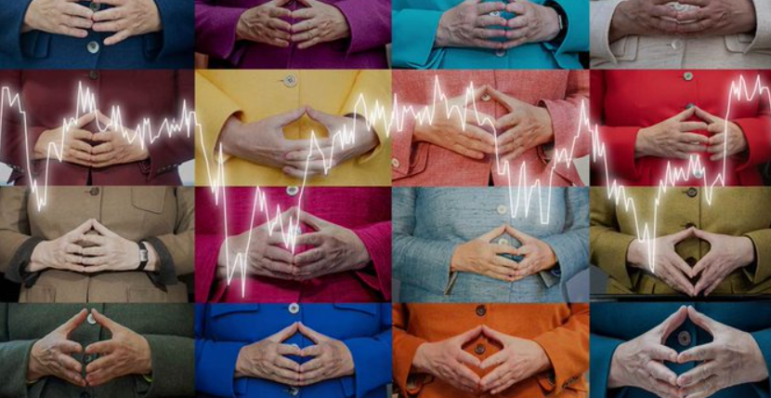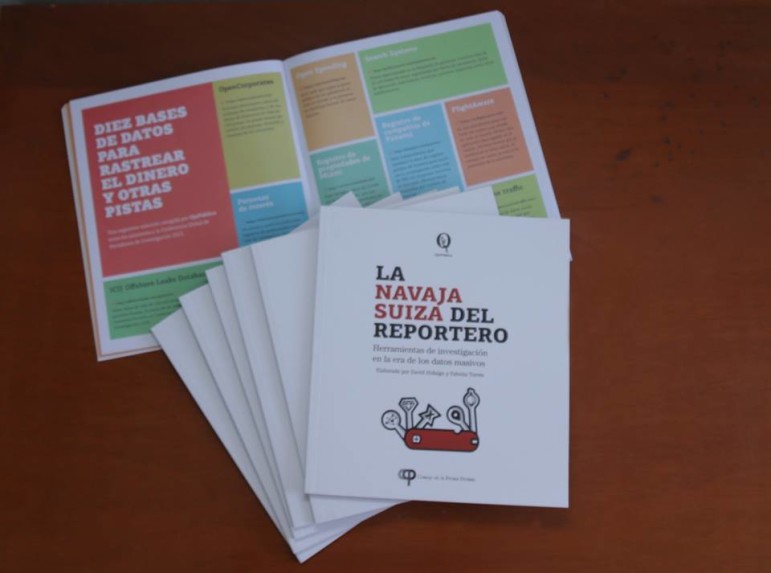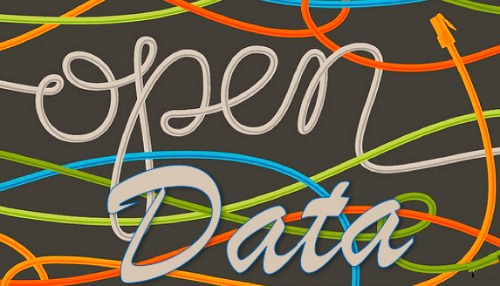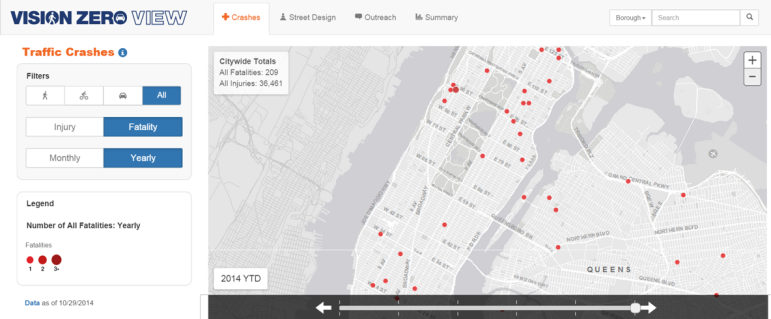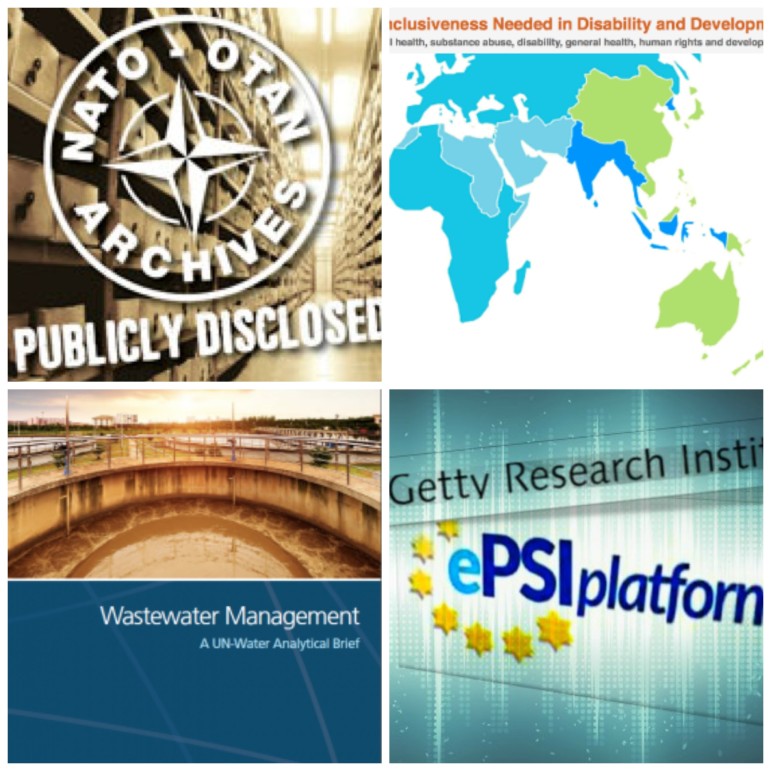

The Research Desk: Tips and Tools
 Welcome back to The Research Desk, my new regular feature for GIJN. Our long term goals for the blog are to:
Welcome back to The Research Desk, my new regular feature for GIJN. Our long term goals for the blog are to:
- Share with you resources you might find useful and worthy of a place on your virtual reference shelf.
- Provide you with resources to make the Internet an even more powerful research tool. Since we can’t provide you with news about every new resource, we will share with you tools and techniques to help find new materials on your own.
- Provide you with these items quickly and efficiently. Less talk, more resources!
While I don’t work in a traditional library setting these days, I am first and foremost a librarian and researcher. I want to use my skills and experience to provide you with the latest resources and reports that have become available on the open web.
What follows is our first round-up of a few of them:
 World Health Organization MiNDbank: WHO MiNDbank is an online platform providing quick and easy access to international resources and national/regional level policies, strategies, laws and service standards for mental health, substance abuse, disability, general health, NCDs, human rights and development, and more recently children and youth, and older persons. It is an invaluable tool for policy makers, planners, legislators and parliamentarians advocacy groups, NGOs and DPOs, researchers and academic, education and training centers. The MiNDbank holds over 4000 documents from over 170 countries with more to come.
World Health Organization MiNDbank: WHO MiNDbank is an online platform providing quick and easy access to international resources and national/regional level policies, strategies, laws and service standards for mental health, substance abuse, disability, general health, NCDs, human rights and development, and more recently children and youth, and older persons. It is an invaluable tool for policy makers, planners, legislators and parliamentarians advocacy groups, NGOs and DPOs, researchers and academic, education and training centers. The MiNDbank holds over 4000 documents from over 170 countries with more to come.- ePSIplatform — The European Public Sector Information Platform: An excellent Twitter stream to learn about new open data resources and projects around the world. Many more resources from ePSI can be found here.
 Wastewater Management: A UN-Water Analytical Brief: From a News Release Introducing the Brief: Only 20 per cent of global wastewater is currently being treated, leaving low-income countries hardest hit by contaminated water supplies and disease, according to a UN report which encourages governments to see treated wastewater as a valuable resource, and a priority for the post-2015 development agenda. With urban populations estimated to double in the next four decades, and low-income countries possessing only eight percent of the required capacity to treat wastewater effectively, the report describes the damage being done to ecosystems and biodiversity as “dire.”
Wastewater Management: A UN-Water Analytical Brief: From a News Release Introducing the Brief: Only 20 per cent of global wastewater is currently being treated, leaving low-income countries hardest hit by contaminated water supplies and disease, according to a UN report which encourages governments to see treated wastewater as a valuable resource, and a priority for the post-2015 development agenda. With urban populations estimated to double in the next four decades, and low-income countries possessing only eight percent of the required capacity to treat wastewater effectively, the report describes the damage being done to ecosystems and biodiversity as “dire.”- NATO Archive: The North Atlantic Treaty Organization continues to expand its online digital archive of “declassified and publicly disclosed” documents. Recently, NATO added
 23,000 more documents to the collection. Details about and links to what was added can be found here.
23,000 more documents to the collection. Details about and links to what was added can be found here. - Getty Thesaurus of Geographic Names allows users to search and browse to find official location names (cities, rivers, mountain ranges, and many other categories) around the world. Each entry cites the source or sources where it comes from. Here are a few example entries:
 Gary Price (gprice@mediasourceinc.com) is a librarian, writer, consultant, and frequent conference speaker based in the Washington, D.C., metro area. He is the author of INFOdocket (@infodocket) for Library Journal, and was a co-founder and senior editor at ResourceShelf and DocuTicker. Previously, Price served as a contributing editor to Search Engine Land and director of Online Information Services at Ask.com.
Gary Price (gprice@mediasourceinc.com) is a librarian, writer, consultant, and frequent conference speaker based in the Washington, D.C., metro area. He is the author of INFOdocket (@infodocket) for Library Journal, and was a co-founder and senior editor at ResourceShelf and DocuTicker. Previously, Price served as a contributing editor to Search Engine Land and director of Online Information Services at Ask.com.





